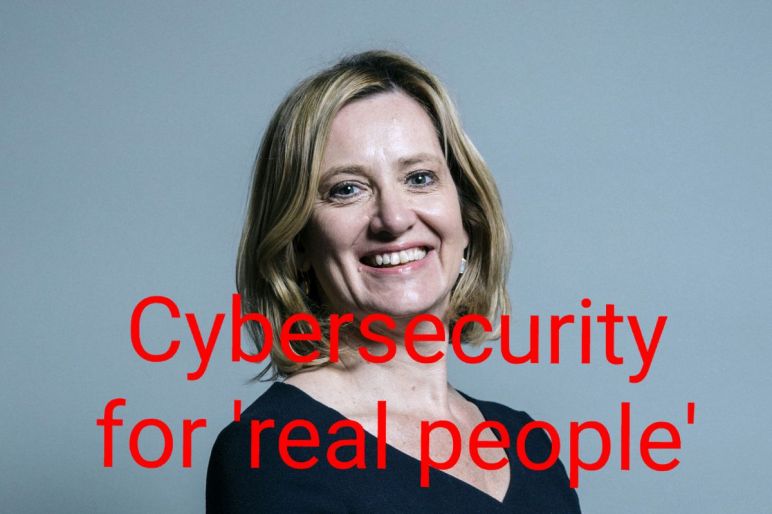Thank you to everyone who was able to join us last Wednesday at Birmingham Open Media for our creative workshop to raise.
We had a fun evening making memes and other visual materials designed to raise public awareness of the government’s plans to push ahead with its controversial new surveillance bill, officially known as the Investigatory Powers Bill but better understood as a Snooper’s Charter.
The idea behind the evening was
You can read a write-up of the event and see the artwork we created over on Birmingham Open Media’s website.
Art against the Snooper’s Charter
We hoped creating memes and other visuals would help more people understand what’s at the stake if the Snooper’s Charter becomes law. Speaking in parliament the day before our meetup, My local MP Steve McCabe (@steve_mccabe) summed things up quite nicely, saying that if the bill is passed in its current form “we will be the envy of states such as North Korea, China and Iran“.

I’m pleased to report we have had a good reaction so far to our artwork on Twitter, with people re-tweeting and liking our creations and sharing their own.
Give memes a chance
If you’d like to have a go at creating your own protest meme, check out ImgFlip’s easy-to-use Meme Generator web tool.
Want to create something a little more complex? Why not try using the free and open source GIMP image editor to mock up a thought-provoking image like this playful riff on 1984?
Spread the word

If you like any of the visuals we’ve created or decide to create your own, please think about sharing them with your friends and family. Visuals hit home to people in a way that complex arguments and wordy blogs can’t possibly hope to.
If you’re sharing on social media , remember to mention the Investigatory Powers Bill/Snooper’s Charter in your posts and, if possible include the hashtags #IPBill and #SnoopersCharter. If you’re using Twitter, copying in @OpenRightsBrum will also allow us to more easily re-tweet your posts.
Don’t forget to email your MP (and sign the 38 Degrees petition)
While it’s really important we broaden the reach of our campaign through memes, we still need to keep up the pressure on MPs through traditional campaigning methods.
If you’ve not already done so, please use Open Rights Group’s easy-to-use web tool to email your MP today. The more MPs hear concerns from their consituents over the coming months, the better chance we have of stopping the Snooper’s Charter.
Once you’ve done this, please also take a couple of minutes to sign and share the new 38 Degrees petition, Stop Government Plans to Snoop on Your Internet History.
Can you spare a few quid to fight the Snooper’s Charter?
Lastly, the Don’t Spy On Us coalition (which Open Rights Group is a member) is currently a crowdfunding a hard-hitting advertising campaign to raise awareness of the Snooper’s Charter. Please spare what you can to help stop the bill.
Don’t Spy On Us launches fundraiser for Investigatory Powers Bill ad campaign







